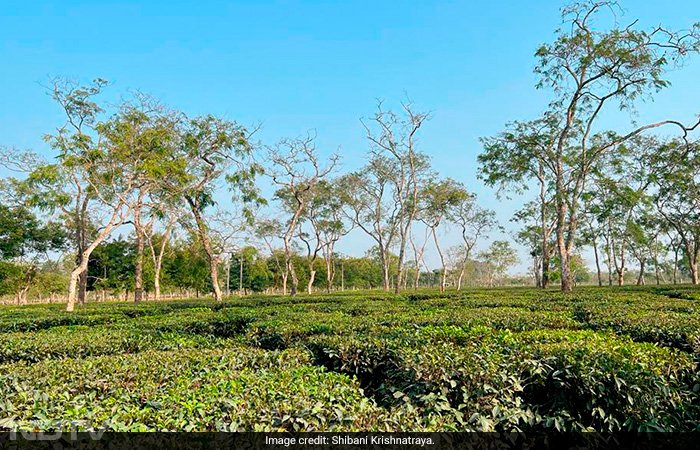How Climate Crisis Is Threatening Assam Tea’s Unique Flavour And Production
A crisis is brewing in the heart of the tea estates of Assam. Accounting for over half of India's tea production and a significant 13 per cent of global supply, Assam is grappling with the devastating effects of climate change and severe weather events. However, it's not just the quantity but the quality of Assam tea that is under threat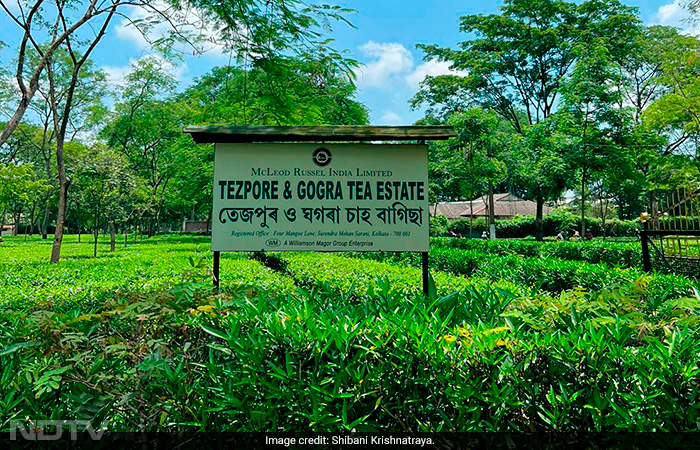
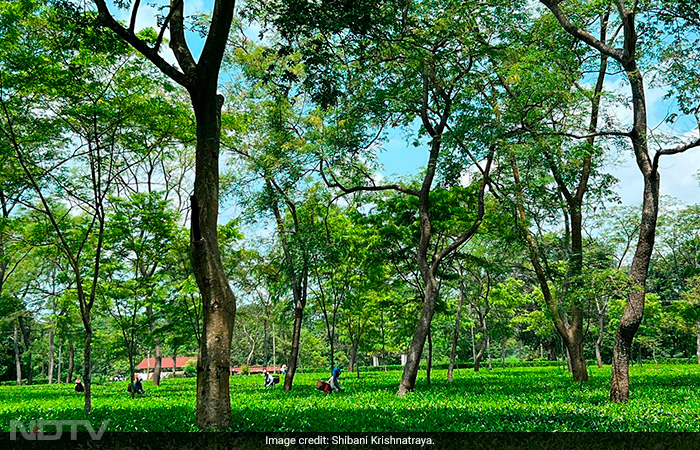
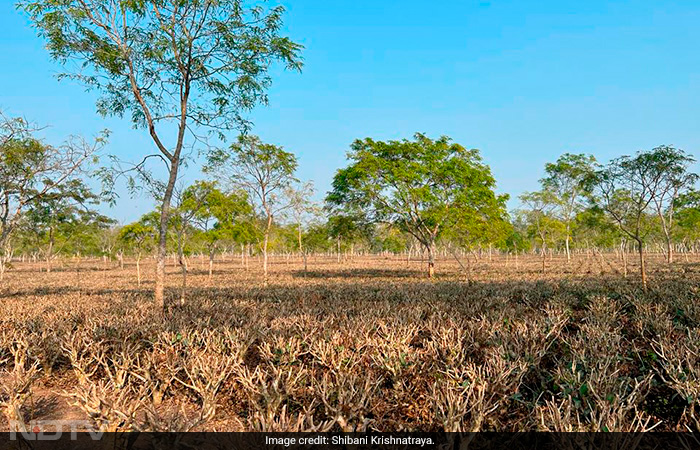
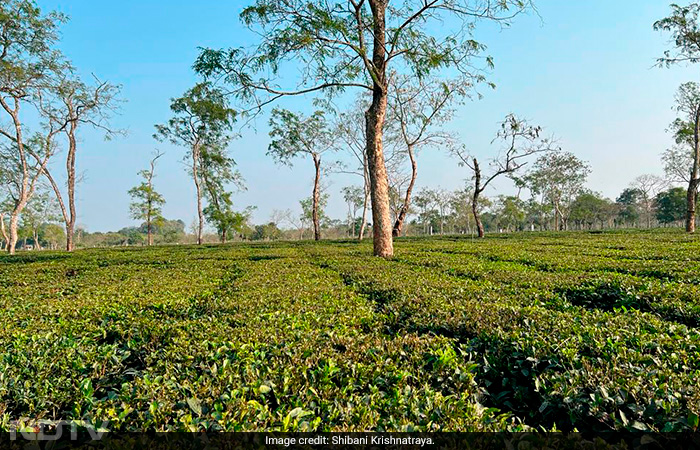
Assam is India's largest tea-producing state, contributing to approximately 52 per cent of the country's tea production and 13 per cent globally, with around 800 organised tea estates. The state tops the Climate Vulnerability Index, indicating its high susceptibility to extreme weather events like floods, droughts, cyclones, and heatwaves.
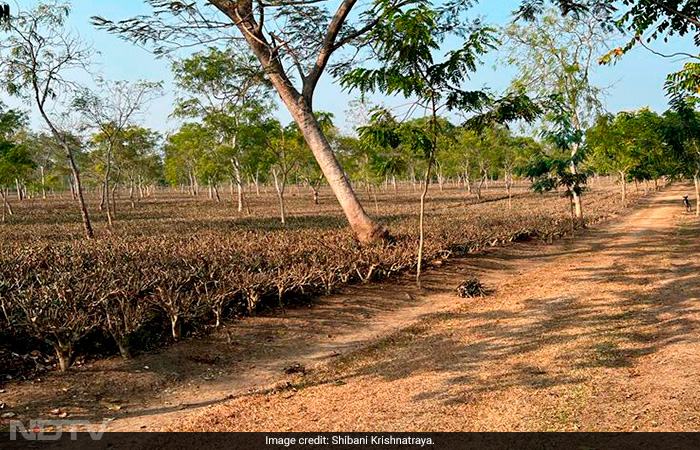
According to the Centre for Science and Environment (CSE) Report, 'Climate India 2023: An assessment of extreme weather events', between January 1 and September 30, 2023, Assam reported 48,029 hectares of crop area damage. In August, when India experienced heavy rains, floods and landslides, Assam was the worst hit with extreme weather events on 28 days of the month.
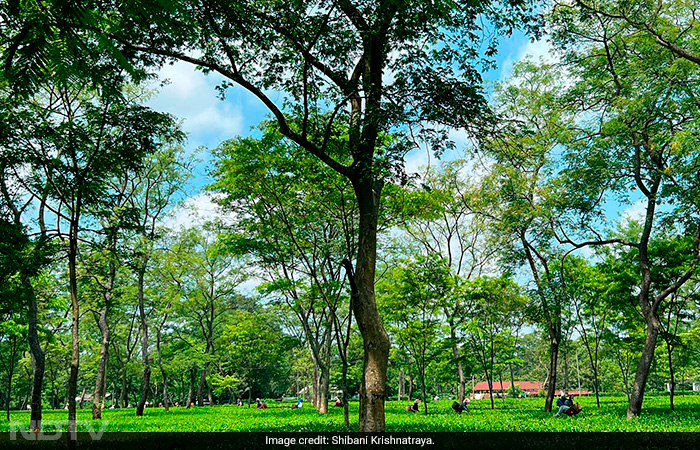
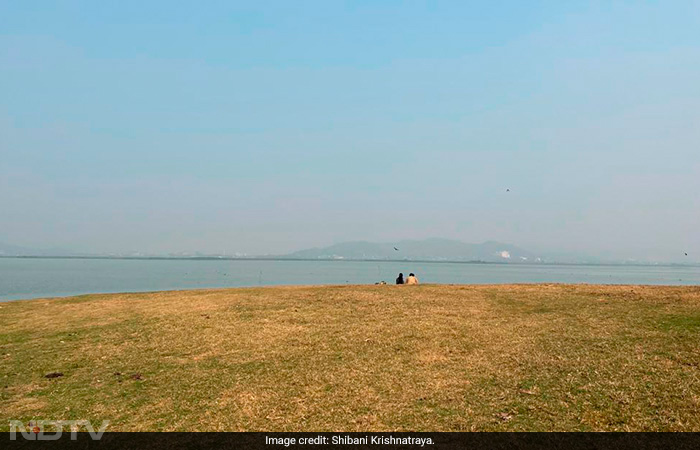
Changing climatic conditions, including temperature rise and erratic rainfall patterns, have negatively affected tea quality and production volume, contributing to a 15-20 per cent decline in auction prices over the last decade. Dinesh Bihani, Secretary of the Guwahati Tea Auction Buyer's Association, highlighted that temperature rise and uneven rainfall have significantly impacted tea quality and production volume in Assam.


